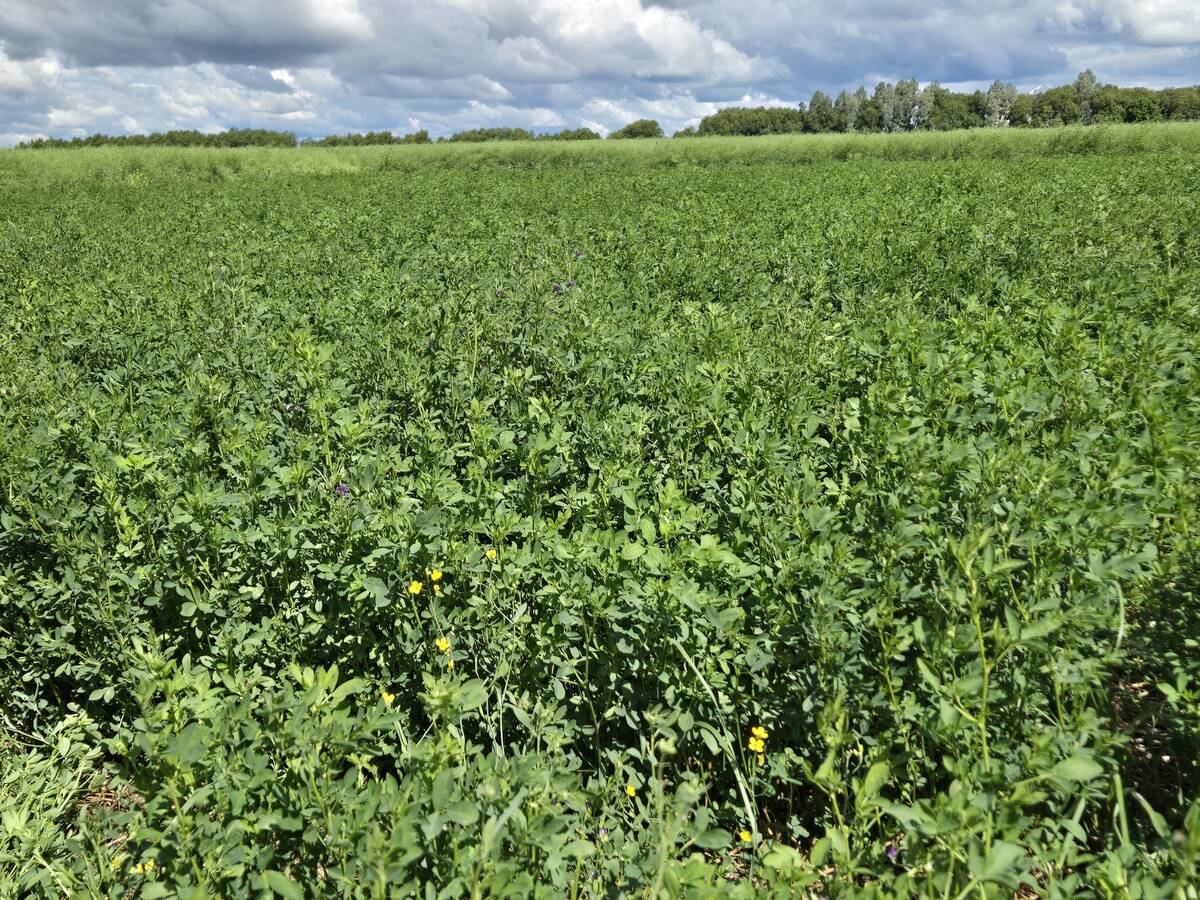The federal government’s user fee policy weakens farmers’ financial position and undermines the official goal of increasing agriculture and food exports, says a new Canadian Federation of Agriculture study.
“What we found is a situation that is causing greater and greater strain on our farmers,” said the report prepared by CFA staff.
“We continually see the cost of producing a product rising and the value of that product when sold remaining stagnant or in some cases even dropping.”
The report calls on Ottawa to reassess the impact of its $127 million user fee charges on the industry, particularly sectors that depend on exports. The CFA also called on the federal government to drop its excise taxes on gasoline and diesel, currently 10 cents and four cents respectively.
Read Also

Manitoba Parkland research station grapples with dry year
Drought conditions in northwestern Manitoba have forced researchers at the Parkland Crop Diversification Foundation to terminate some projects and reseed others.
“The federal government is the only government that does not exempt farmers from fuel taxes,” said the study, released during the CFA’s annual meeting March 1-2.
“The CFA calls for the federal government to repeal the excise tax, as it would represent a sizable saving to farmers and would be a clear and definite indication of the government’s support to Canadian agriculture.”
A 2000 survey of federation members identified higher user fees in seed potato inspection, feeder pig export inspections and seed inspections as examples of the problem.
“User fees that have increased significantly tend to target exports,” the report said. “This undermines the government’s previous commitment to increasing export levels. These fees also make it more difficult for our members to remain competitive in the global market.”
The report predicted feeder pig export fee charges in 2000 will total $550,000 once fully tabulated, compared to a Canadian Food Inspection Agency target of $300,000.
The fee for inspecting certified seed fields increased from $170 per 100 acres in 1996 to $280 per 100 acres in 2000.
The CFA said one result has been fewer acres of pedigreed seed, higher costs and fewer farmers using it.
“This means the quality of Canadian products may be dropping since more and more producers are choosing not to use certified seed.”
The CFA said the government should use its moratorium on fee increases to assess whether fees can be restructured or lowered “in order to ensure user fees within the agriculture sector are well managed and financially reasonable.”
It noted other studies by a private consultant, the House of Commons agriculture committee and the federal auditor general also raised questions about whether the fees are well grounded in need and efficiency.
Critics argue that while farmers do not object in principle to fees for services, they should not be a revenue-raising tax imposed by Ottawa.
















